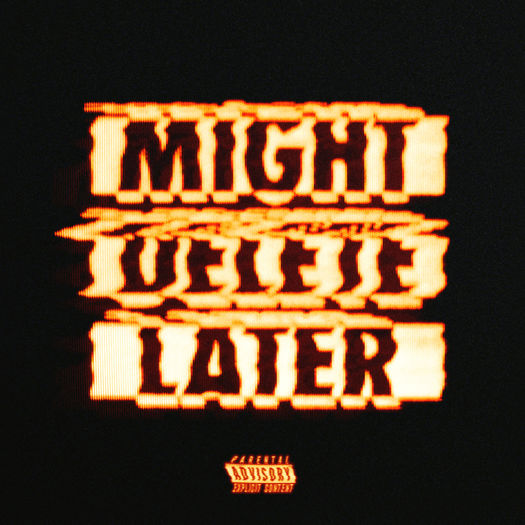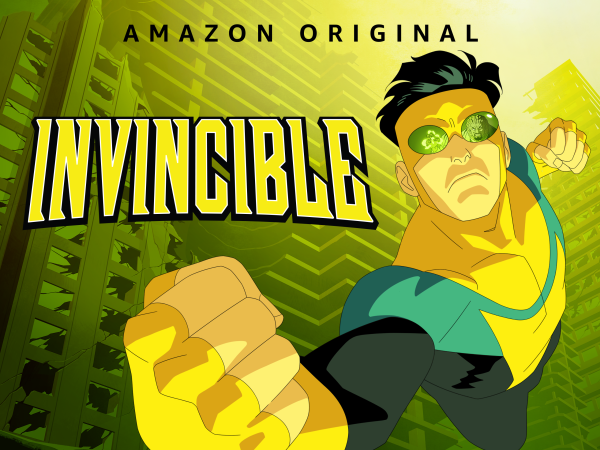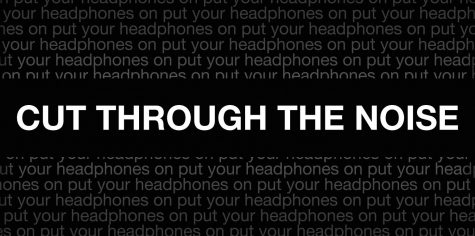The moral dilemma of good music, bad person
Should we separate the art from the artist?
April 1, 2023
Nobody’s perfect. Even the rich and famous, those we put on pedestals and believe they can do no wrong can, in fact, do wrong. But at what point should you stop supporting an artist? Is it okay to continue to listen to an artist, even when you know they are a bad person? These philosophical questions have circulated the media for years, and the answers continue to be discussed and debated.
There are a myriad of artists that many people on social media deem as “canceled” for a wide range of misdeeds and negative ideologies. The biggest current example of this is rapper Kanye West, who’s recent antisemitic commentary has sparked public outcry to boycott his music. Surprisingly, though, this is not the first time people have pushed this idea, as West has made many racist, misogynistic and fascist comments throughout his career. Despite the countless reasons that West should not be supported as an artist, he still has 52 million monthly Spotify listeners. This is most likely due to the fact that most of West’s diehard fans view him as a genius that can do no wrong. Even if West was making the best music in the world, it would not excuse his overtly antisemitic and racist ideology.
There are some artists, though, where the distinction of whether or not it’s socially and morally acceptable to listen to their music remains ambiguous. Take, for instance, singer-songwriter BØRNS, popular for his song “Electric Love,” who in 2018 was accused of sexual misconduct by multiple women. He denied the claims and nothing ever came of the situation one way or another. BØRNS has not made music since then, but fans have discourse about if they can still ethically listen to his music. Technically the accusations were never proven to be true, but the idea of siding against victims of sexual harassment does not seem morally acceptable. In this case and others like it, in my opinion, one has to use their own judgment to decide whether or not they can listen to the music without supporting the artist’s viewpoints.
Another thing to consider is how the artist reacted to being called out on their wrongdoings. There are many examples of artists making mistakes, realizing their mistake, apologizing for it and changing their behavior in the future. Beyonce received backlash about an ableist term used in one of her songs off her album “Renaissance,” to which she responded by instantly changing the lyric. The same scenario occurred for Lizzo on her song “Grrrls,” where she changed the lyric and apologized to the community. These are smaller mistakes that don’t seem to garner cancellation or a boycott on their music. However, the conditions for ‘90s Swedish pop group Ace of Base might be different.
The group had many hits in the US, but in 1993 and again in 2013 group member Ulf Ekberg was called out as having a pro-Nazi past. The group spoke on the situation publically multiple times, with Ekberg himself saying in an interview, “I have always been deeply regretful of that period in my life, […] I’m truly deeply sorry for any hurt and disappointment this has caused for our fans, and I really hope that we clearly have stated that Ace of Base never shared any of these opinions.”
Whether or not Ace of Base fans continue to support the group has a lot to do with their morals, as well as their philosophical views on a person’s ability to change. Is that apology enough? As stated previously, the answer to this question, unfortunately, is not definite. Conversely, Kanye West made an Instagram post March 25 where he claimed that watching Jonah Hill in the movie “21 Jump Street” made him have a change of heart about Jewish people. Many fans commented on the post instantly forgiving him for his behavior. Obviously, this is not any sort of apology, and in no way excuses months of publicly spewing antisemitic hate. In this case, unlike some of the others I’ve mentioned, the ethics that come along with listening to West’s music again are very clear.
There is also the case for owning physical music, such as records and CDs, of an artist before they were canceled and continuing to listen to these hardcopies. In this case, you are not financially supporting the artist, as you only spent money on the music once rather than paying every time you stream it. This leaves only the moral dilemma. One must ask themself, “Can I listen to this artist’s music knowing what they’ve done or said?” This is a tricky question to ask yourself, and for many there doesn’t seem to be a satisfying answer.
For nearly every observation that can be made on the topic of separating the art from the artist, the solution is almost always unclear and exceedingly subjective. To do a deeper dive into the subject would create even more philosophical discussions, which also don’t have definitive resolutions. In general, when it comes to deciding if you should listen to a certain artist, it’s best to do your own research and some inner reflection to come to a satisfactory personal conclusion.













